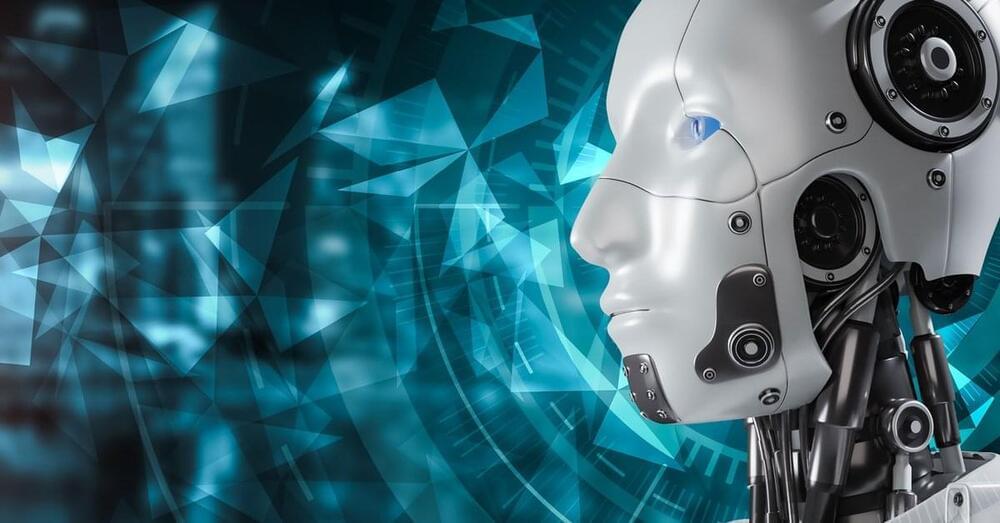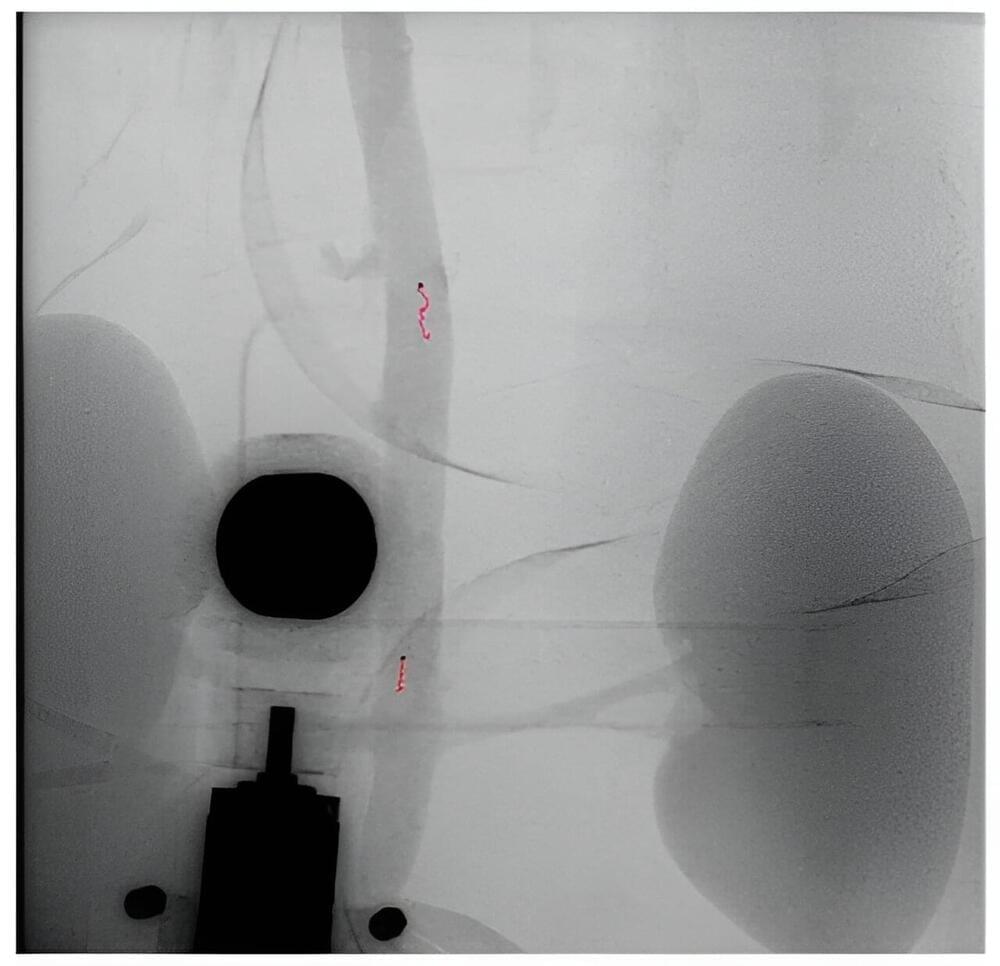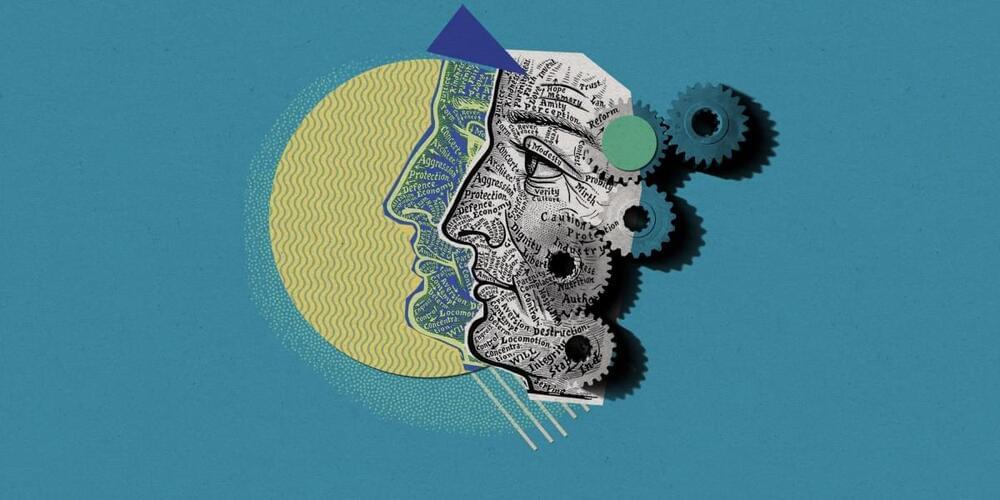Over the past 8.5 years, its predecessor, the K5, has successfully patrolled diverse locations across the US, contributing significantly to crime reduction and ensuring safety in various environments, claims the firm.
Knightscope, a prominent developer of autonomous security robots, has officially commenced the shipment of its highly anticipated 5th Generation K5 Autonomous Security Robot (ASR), the company announced in a press release.
This represents a significant milestone for the company and marks a thorough redesign to elevate the flagship ASR’s capabilities. Production is in full swing at Knightscope’s Silicon Valley Headquarters. It is proudly made in America, with machines ready to fulfill nationwide contracts.
Innovations with over 2.5 million hours of field operations
The K5v5 boasts a ground-up design, informed by over 2.5 million hours of field operations, delivering tangible results for real clients. Notable enhancements include a wider stance for a more stable propulsion system, raised camera elevation enabling near eye-level 4K video capture, a revamped battery architecture for improved performance, upgraded audio capabilities for broadcast messages, intercom, and public address, enhanced nighttime visibility with additional lighting, and a significant reduction in part count and assembly time. The redesign prioritizes serviceability and maintenance, ensuring seamless operation for clients.








